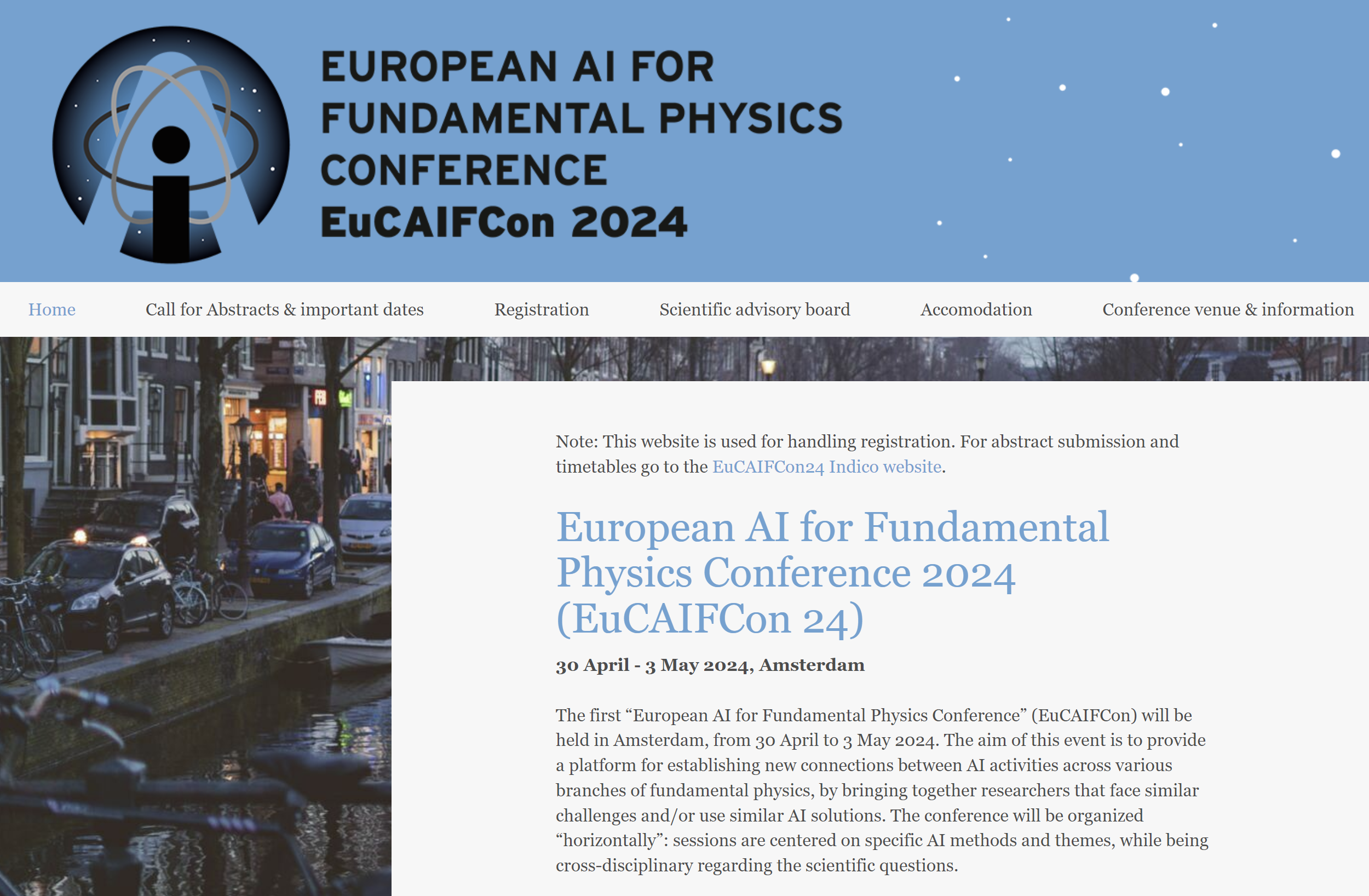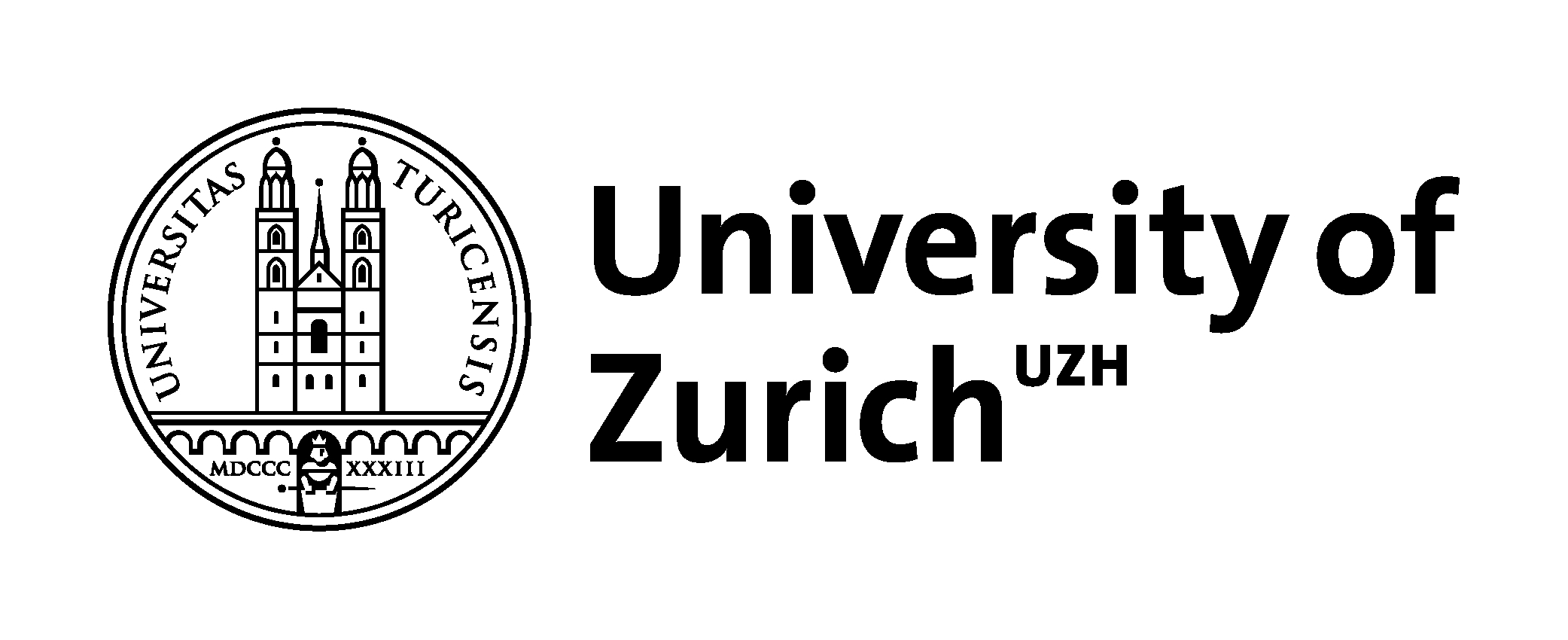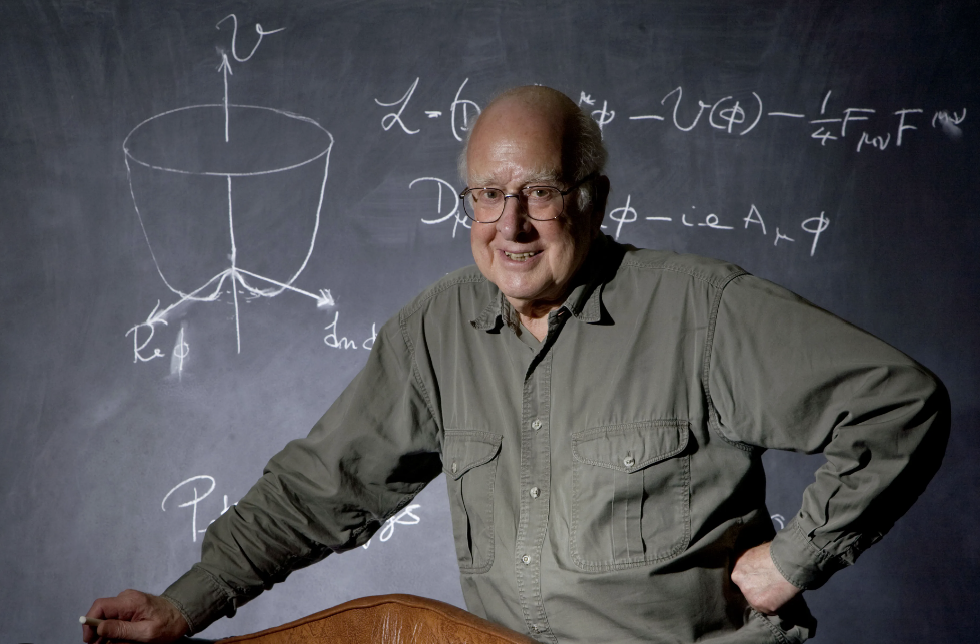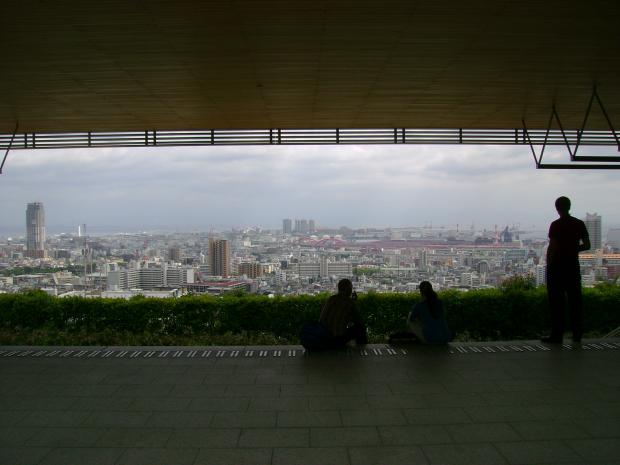 Move Over - The Talk I Will Not Give
Move Over - The Talk I Will Not GiveLast week I was in Amsterdam, where I attended the first European AI for Fundamental Physics...
 Shaping The Future Of AI For Fundamental Physics
Shaping The Future Of AI For Fundamental PhysicsFrom April 30 to May 3 more than 300 researchers in fundamental physics will gather in Amsterdam...
 On Rating Universities
On Rating UniversitiesIn a world where we live hostages of advertisement, where our email addresses and phone numbers...
 Goodbye Peter Higgs, And Thanks For The Boson
Goodbye Peter Higgs, And Thanks For The BosonPeter Higgs passed away yesterday, at the age of 94. The scottish physicist, a winner of the 2013...










